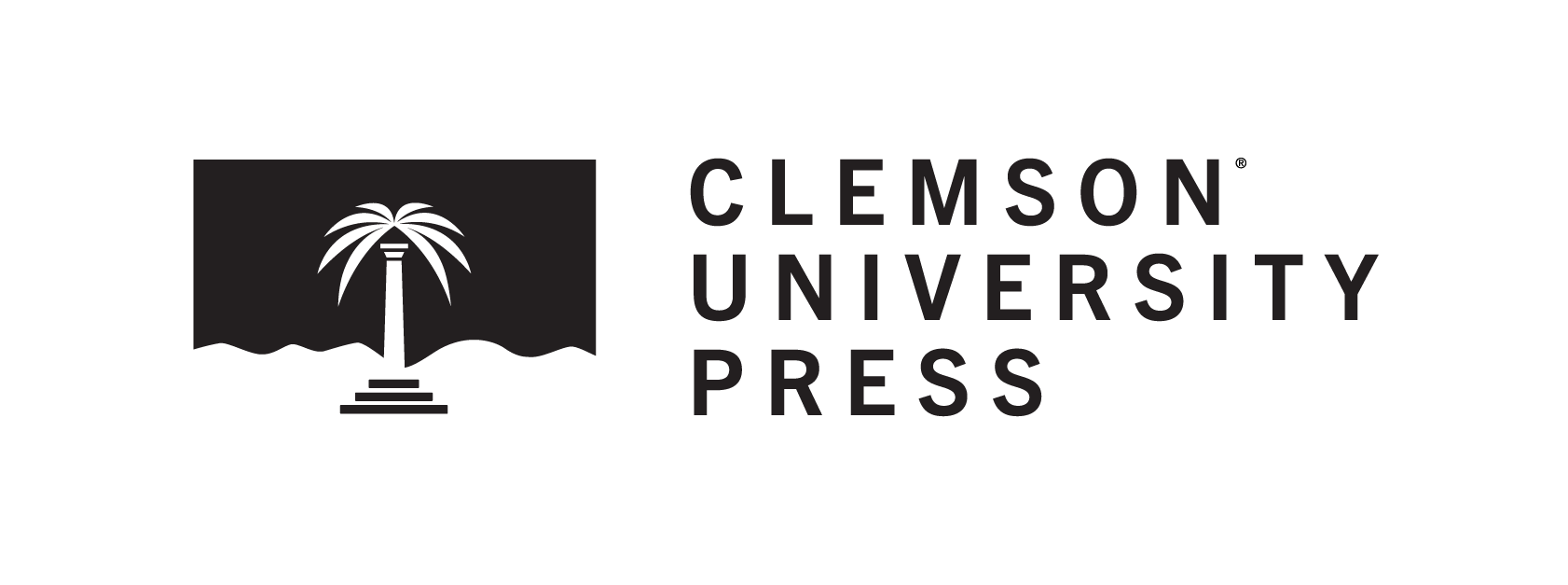Volume
61
Issue
3
DOI
10.34068/joe.61.03.04
Abstract
Extension is not equitably serving Indigenous communities due to the effects of colonization in the Land Grant System, a lack of funding, and a lack of understanding of the needs of Indigenous communities. The concept of food sovereignty offers a way to create meaningful educational programming and, despite the inequitable access to services, there are some Extension educators that collaborate with Indigenous communities. To understand these collaborations, I investigated the Western Region of Extension through an interview study. The interviews revealed that educators are facilitating programs having to do with food sovereignty that meet communities’ goals and respect Indigenous sovereignty.
Creative Commons License

This work is licensed under a Creative Commons Attribution-Noncommercial-Share Alike 4.0 License.
Recommended Citation
Hartmann, K. (2023). Food Sovereignty in Indigenous Communities: Extension Programs for Health, Culture, and Resilience. The Journal of Extension, 61(3), Article 4. https://doi.org/10.34068/joe.61.03.04


